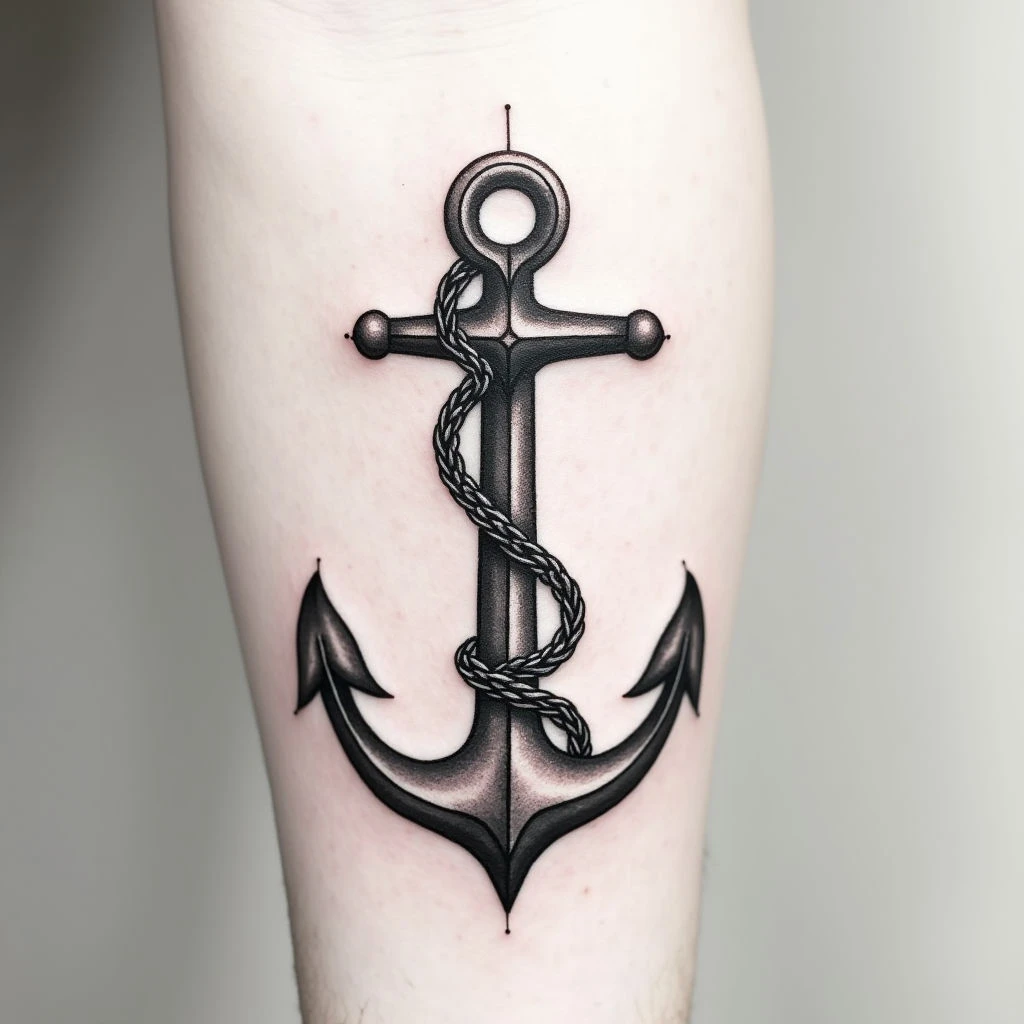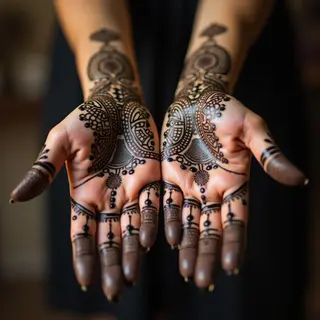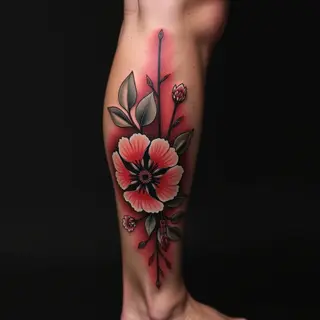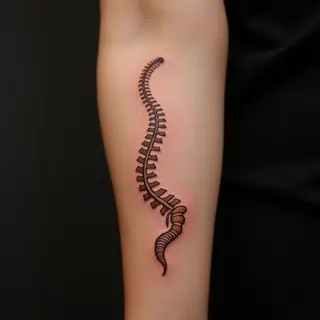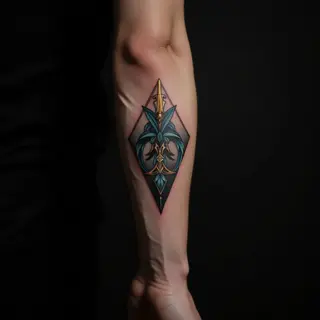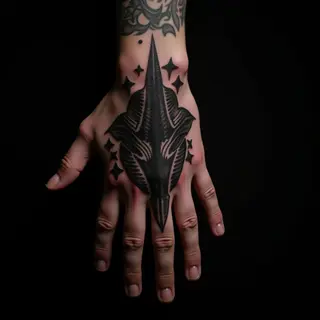Nautical Tattoos: A Sailor's Story
The ocean’s vastness has always captivated humanity. Nautical tattoos reflect this enduring connection, carrying stories of adventure, resilience, and a longing for the unknown.
A History Etched in Ink
Historically, these tattoos served as identifiers for sailors, marking milestones and journeys. They weren't just decoration; they were a record of experience.
Common Nautical Motifs & Their Meanings
Anchors: Finding Stability
Anchors represent stability, hope, and grounding—a safe harbor in life’s storms. Sailors often got them to symbolize their desire to return home safely. It's a simple image, but loaded with meaning for someone facing the unpredictable sea.
Ships: Embarking on Adventures
Ships (sailboats or clippers) symbolize adventure, travel, and the pursuit of dreams. The type of ship can further specify a journey or aspiration—a clipper might represent speed and ambition, while a classic sailboat evokes a more leisurely exploration.
Ropes: Strength & Connection
Ropes represent strength, connection, and the bond between sailors. A broken rope can signify hardship or loss—a stark reminder of the dangers faced at sea.
Swallows: Markers of Distance
Swallows were traditionally tattooed in pairs by sailors who had traveled 5,000 nautical miles – a significant accomplishment. It’s a tangible symbol of perseverance and reaching a major goal.
Compass Roses: Finding Your Way
Compass roses represent guidance, direction, and finding one's way—both literally on the sea and figuratively in life. They’re a reminder to stay true to your course.
Beyond these common motifs, nautical tattoos often incorporate elements of personal journeys and beliefs. They are a powerful expression of identity and connection to the maritime world—a visual narrative etched onto skin.
